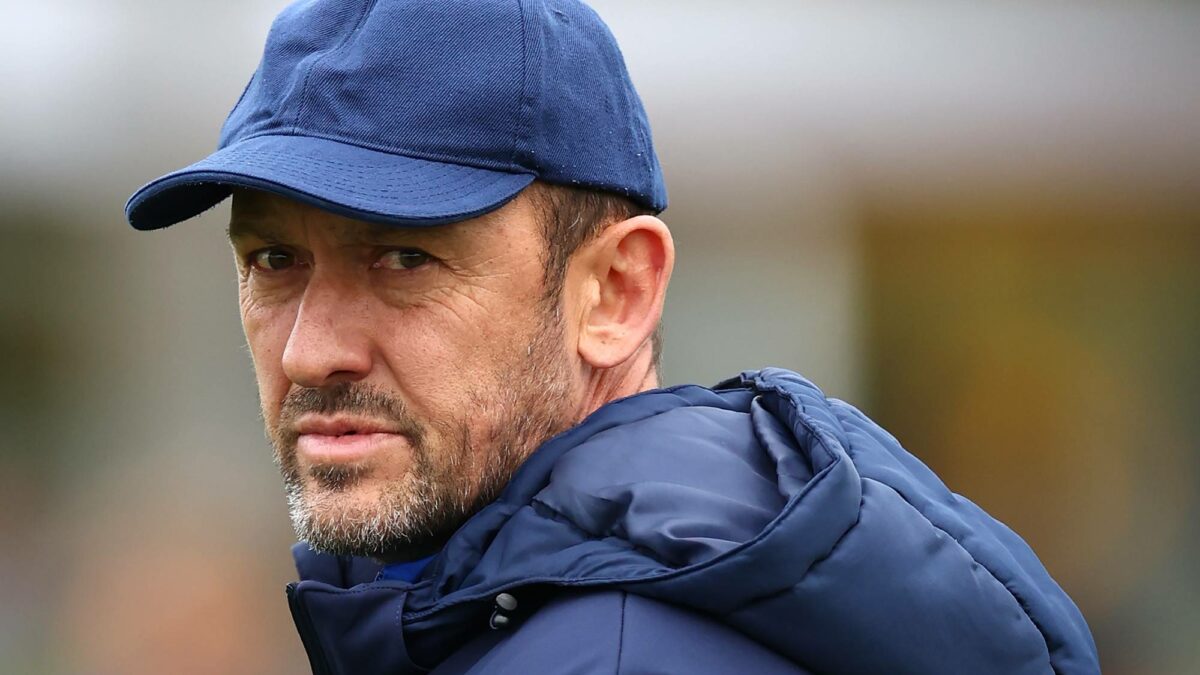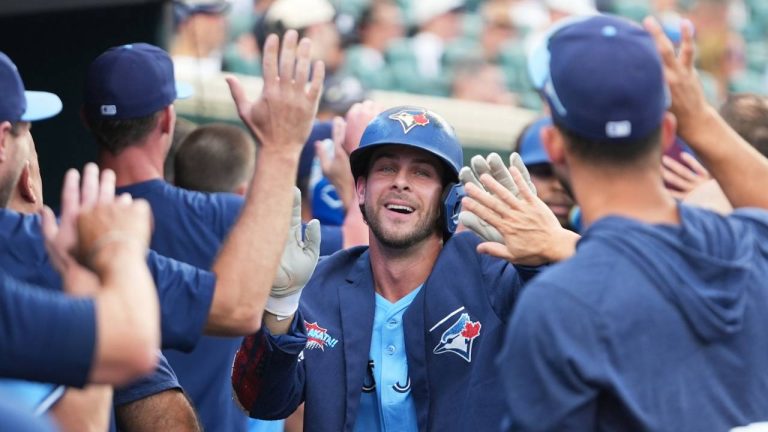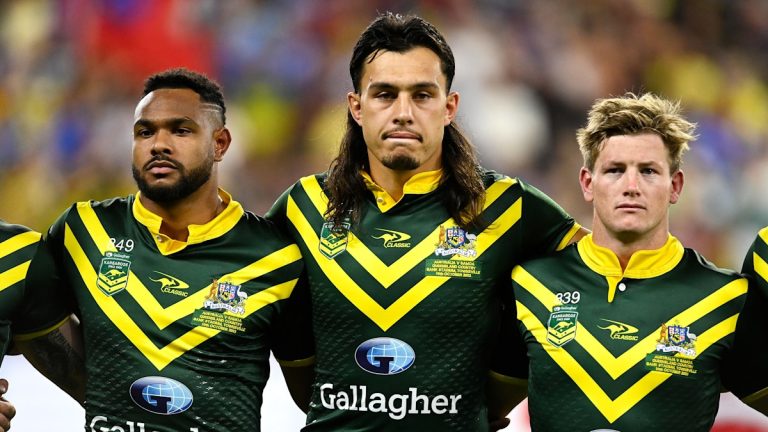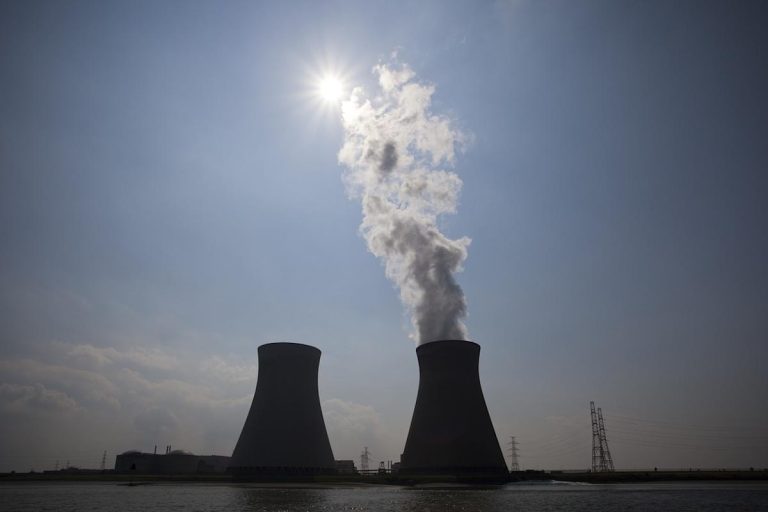March fixtures of the 2026 World Cup qualification will be very crucial for Australia, as the Socceroos’ torrid and uninspiring forms are leaving them at the brink of a thin red line. While sitting second, Australia are just ahead of both Indonesia, China, Saudi Arabia and Bahrain by one solitary point, in one of the worst-ever performances of the Socceroos in their WCQ history.
Certainly many are blamed for the miserable woes of current Socceroos struggle at the 2026 WCQ. CEO James Johnson surely understands he is being besieged, given it is him who invited Tony Popovic over other possible candidates like Dragan Skočić and Vahid Halilhodžić to become Socceroos coach, replacing Graham Arnold after the September catastrophes. Then, the management staff, who have been largely criticised for being unable to reinvent methods. And many more.
Popovic can’t escape the scrutiny. Since winning the only AFC Champions League title for Australia in 2014, Popovic’s tactics have been anything but convincing. After just four matches, Australia won just one, a 3-1 comeback win against China. Against West Asian opponents Saudi Arabia and Bahrain, the Socceroos were totally shut-in, unable to capitalise and only managed to be salvaged at death. Popovic led these games and, though Australia started undefeated under him, three draws out of four matches have made Popovic’s coaching credibility questionable.
To make it more unconvincing is the way how he summoned the squad. His decision to snub Mohamed Toure, Jack Iredale, Max Balard, Anthony Kalik, Deni Juric and Nestory Irankunda is clearly the most criticised one, as these players are now in form. His decision to also select underperforming players like Kusini Yengi, Dan Arzani, Nishan Velupillay and Brandon Borrello also fuels questions over Popovic’s suitability.

Tony Popovic. (Photo by Quinn Rooney/Getty Images)
Given the Young Socceroos won the recent 2025 AFC U20 Asian Cup and could have offered some solution, Popa’s choices have failed their fans, evoking fears that the success with Western Sydney Wanderers was the pinnacle of his largely unconvincing coaching career.
In the upcoming match against Indonesia, Popa will face a possible clone of himself. Indonesia’s new coach, Patrick Kluivert, was a great player. Indeed, he played in European Championship and FIFA World Cup as part of the Netherlands squad, and was one of the Flying Dutchmen’s outstanding performers in the 1990s and 2000s. He also played for Ajax, AC Milan, Barcelona, Newcastle United and PSV; winning his only Champions League title with the former.
Yet, given how elegant Kluivert was as a player, Kluivert’s coaching career has been a largely forgettable experience so far. He won bronze medal as assistant coach of Louis van Gaal back in the 2014 FIFA World Cup, but it has since become something of a pinnacle, which he has not been able to surpass after graduating from the role as assistant.
His first real coaching tenure was with Curaçao from 2015-16, during which he recruited some of the Dutch-born players to represent the Caribbean representatives, but his tenure was largely dull. Under his guidance, Curaçao did not qualify for the 2018 FIFA World Cup, losing to El Salvador 2-0 on aggregate. His only success was with the Caribbean Cup that sent the side to the CONCACAF Gold Cup in 2017, but given most of his opponents were equally low-key Caribbean teams, it didn’t provide any redemption either.
Kluivert tried his luck with Cameroon, this time co-managing alongside the official manager and former teammate Clarence Seedorf, at the 2019 Africa Cup of Nations held in Egypt.
Yet his past instinct as assistant to Louis van Gaal failed to show in the Indomitable Lions’ disastrous run in North Africa. The Cameroonians, despite being armed with players as good as André-Frank Zambo Anguissa and Eric-Maxim Choupo Moting, were largely lethargic in Egypt, only snatching just one win against Guinea-Bissau, while largely inept against Benin, Ghana and Nigeria, the latter dealt Cameroon a fatal 3-2 defeat, where Cameroon squandered their first half lead. As for the result, the entire Dutch-based staff, including Kluivert, was dismissed.
Kluivert would later return to Curaçao to coach the team for the second time, only for the same failure to emerge. Kluivert failed to take them to the 2022 FIFA World Cup, losing to Panama 2-1 on aggregate. In particular, the Caribbean side had been largely insipid, unable to make the best count against Los Canaleros, despite their Dutch-born squad.
Kluivert’s recent coaching trip was in Turkey with Adana Demispor. Initially, some optimism was felt, but Adana’s fans were left to rage when their team lost to Belgium’s Genk and missed qualifying for the 2023-24 UEFA Europa Conference League. The Turkish club’s bright start was also replaced by a string of subsequent abysmal results, notably the shock defeat to struggling Samsunspor 3-2 at home soil that resulted in Kluivert’s dismissal. The club were fifth in Turkish Süper Lig when Kluivert was sacked, but already cracks had begun to emerge, and the impact proved costly due to club’s low depth.
So the upcoming 2026 WCQ is more than a WCQ game. Not just only two neighbours meeting each other, but this match will mark the meeting of two obviously mediocre managers: Tony Popovic, whose selection has proven to be the sources of pessimism rather than optimism; and Patrick Kluivert, whose coaching venture has been abysmal so far. When you see two managers with largely poor and unconvincing records facing each other, the question is: what are you going to watch?
This seems to be the only match where both Australian and Indonesian supporters share a common of being weary over their coaches. For the Aussies, Popovic’s tactical and strategic managements have been so dull that it is hard to understand why he was selected as the successor to Graham Arnold.
For Indonesians, given Kluivert’s “magical hands” in ruining even the best teams at peak, which is especially notable in Indonesia’s newly-established naturalised team, they don’t seem to trust the Dutchman.
The only difference, though, is that unlike Australia of 25 million, and still a developing football nation; Indonesia, with 280 million people, have a deeply out-loud and fanatical football culture, and just one bad outcome could result in a total damage for Indonesian football prestige.
As observed in the recent 2025 AFC U-20 Asian Cup, Indonesians were left in total outrage when the young Garuda, partially armed with naturalised players, had been dealt a total humiliation by not qualifying for the 2025 FIFA U-20 World Cup. What will happen if Indonesia end up failing to qualify?
When two coaches with poor and lethargic reputations squeezing, probably the best description for this match will be “The Bad, the Worse, and the Worst”. And perhaps one will have his fate determined, sooner, or later.






